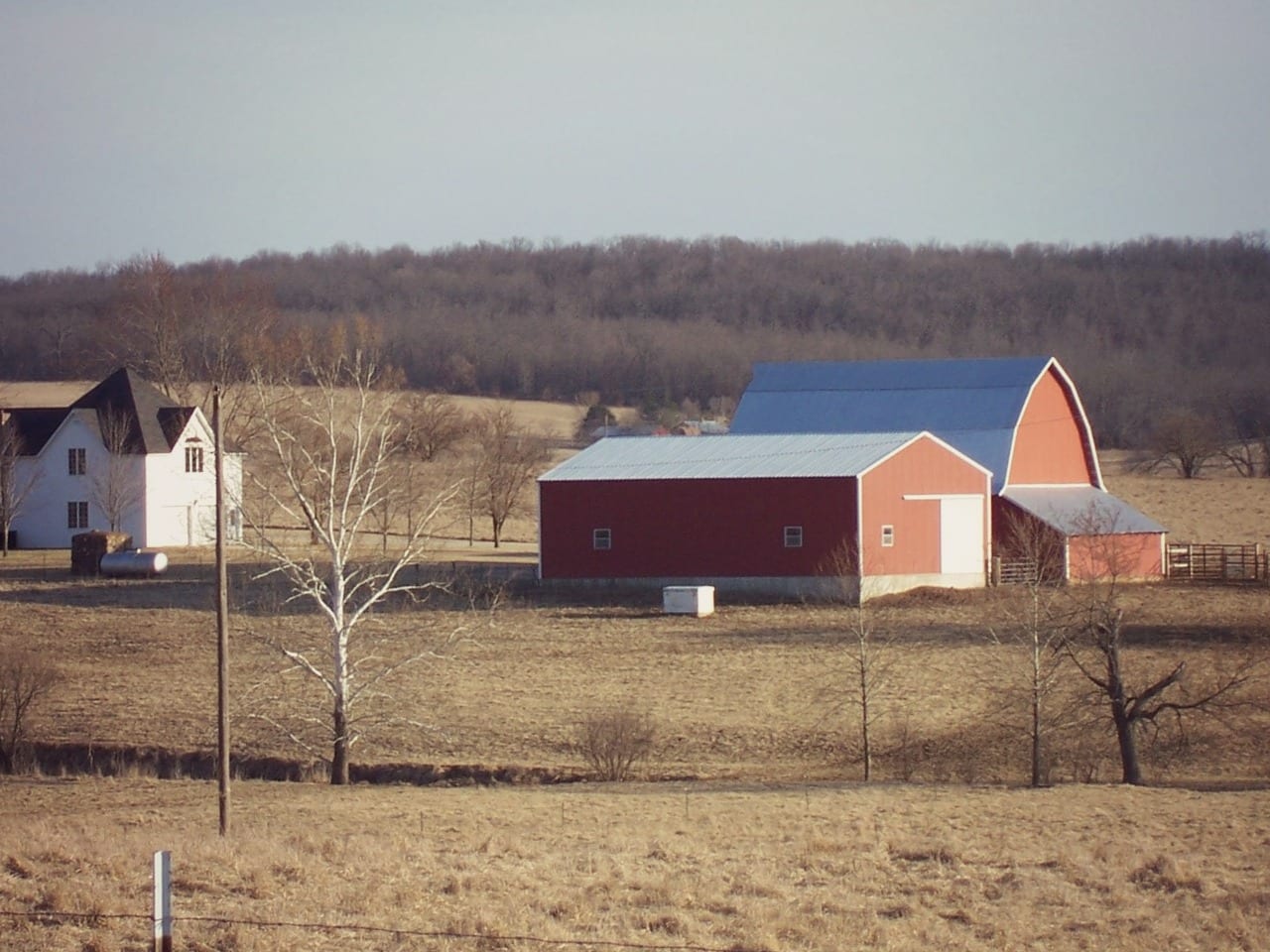
FreeImages.com/Snickup |
For the majority of this country’s history, unregulated farmer-to-consumer direct commerce was the norm in most of the United States. Consumers could even purchase meat, a food heavily regulated today, from farmers that were not inspected by the government.1 It was only in the 20th century that farmers became ensnared in a regulatory system created due to problems that were not of their own making. This development, along with other factors, caused the decline of the family farm and community self-sufficiency in food production. In recent years there has been a move mainly at the state level towards restoring the tradition of unregulated sales direct from farms and home kitchens to the consumer; the trend is continuing in 2017 with bills filed in several state legislatures allowing for unregulated direct sales.
Bills have been introduced in Virginia and North Dakota so far this legislative session to allow the unregulated sale of nearly all foods produced by farms and home kitchens direct to the consumer; similar legislation will be introduced shortly in other states, as well. Under these bills the only foods that would still require regulation would be meat and food products with meat ingredients due to restrictions placed on those products by the Federal Meat Inspection Act.
Wyoming has been the trailblazer for this type of legislation with the passage of the 2015 Food Freedom Act. Reports are that the act has been a great success with significant increases in the number of farmers markets in the state along with more consumers purchasing locally produced food direct from the source. If there is any evidence of illness caused by the consumption of food produced by an unregulated farm, ranch, or home kitchen, neither the Wyoming Department of Health or county departments of health have provided it. The record in Wyoming and elsewhere is that unregulated locally produced food generally has an excellent track record for food safety. There is a transparency and traceability with local food that the industrial food system can’t match.
The Wyoming success has spurred state legislators elsewhere to become interested in pursuing similar legislation. Unregulated local producer direct-to-consumer sales are no longer a radical idea but rather a way to make more quality food available, build community, and connect to our past agricultural heritage where the government left these kind of transactions alone.
These heritage food bills, restoring an American tradition, are a needed counterweight to federal attempts to increase control over intrastate food commerce through laws such as the FDA Food Safety Modernization Act, laws that consolidate market share in the industrial food system and reduce consumer food choice. With the promise of deregulation from the new administration, now is the time to move forward reestablishing the rights Americans once had to obtain the foods of our choice from the source of our choice whether or not that source is regulated.
This website will post updates on any progress made in state food freedom legislation.
Footnotes
1 David Berg. Journal of Food Law & Policy. “Food Choice is a Fundamental Liberty Right.” 2013; 9: 173,190.
YOUR FUND AT WORK
 Services provided by FTCLDF go beyond legal representation for members in court cases.
Services provided by FTCLDF go beyond legal representation for members in court cases.
Educational and policy work also provide an avenue for FTCLDF to build grassroots activism to create the most favorable regulatory climate possible. In addition to advising on bill language, FTCLDF supports favorable legislation via action alerts, social media outreach, and the online petition service.
You can help FTCLDF by becoming a member or donating today.

 Anyone wanting to make a contribution to support the work of FTCLDF can make a donation online or send a check to:
Anyone wanting to make a contribution to support the work of FTCLDF can make a donation online or send a check to:
FTCLDF
8116 Arlington Blvd, # 263
Falls Church, VA 22042
Prefer to make a tax-deductible donation? Donate online here.
You may also contact us by email at [email protected] or call 703-208-FARM (3276). Thanks for your support.